16 March 2025
Non-Player Characters (NPCs) are the unsung heroes of role-playing games (RPGs). Sure, the main story revolves around the player character, but what’s a rich, immersive world without the side characters to give it depth? These digital personalities aren’t just filler—they’re often the glue that holds the entire game together. Whether it’s the witty shopkeeper, the mysterious stranger, or the sassy ally on your journey, NPCs can make or break an RPG experience.
So, what does it take to craft the perfect NPC? Why do these side characters matter so much? And how can developers (or even Game Masters in tabletop RPGs) bring them to life in a way that leaves players hooked? Grab your potion of choice, and let’s dive into why NPCs are low-key the MVPs of RPGs. 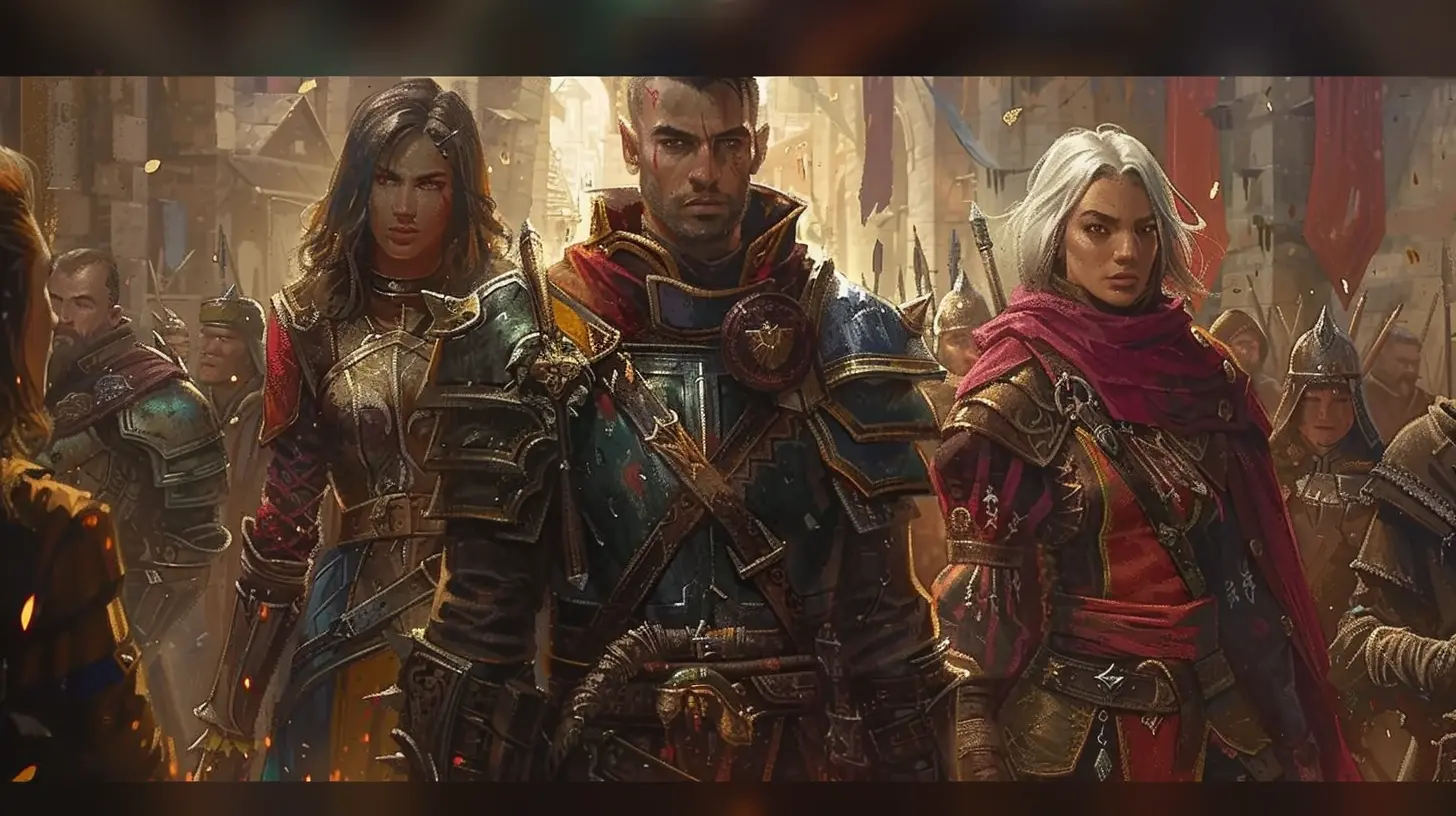
Why NPCs Are the Backbone of RPG Worlds
Let’s be real—without NPCs, most RPGs would feel like a ghost town. They’re the ones who breathe life into the world, making it feel alive and dynamic. Imagine entering a bustling medieval marketplace, but instead of traders yelling about fresh bread or rare potions, there’s... silence. Creepy, right? That’s because NPCs aren’t just background scenery; they’re active participants in the world you're exploring.In many RPGs, NPCs serve several key purposes:
1. World-Building: They share lore, sprinkle in flavor text, and give you context about the places you visit. A grizzled old fisherman complaining about "the rising tides" might hint at a deeper story about an environmental crisis in the game's universe.
2. Quest Givers: Without NPCs, where would your quests come from? They’re the ones who point players toward objectives. Whether it’s a simple fetch quest or a sprawling multi-hour mystery, NPCs are often the catalyst for adventure.
3. Emotional Engagement: A well-written NPC can make you laugh, cry, or even question your own moral choices. Think of characters like Aerith in Final Fantasy VII or Morrigan in Dragon Age. You connect with them on a deeply personal level, and that connection makes the game unforgettable. 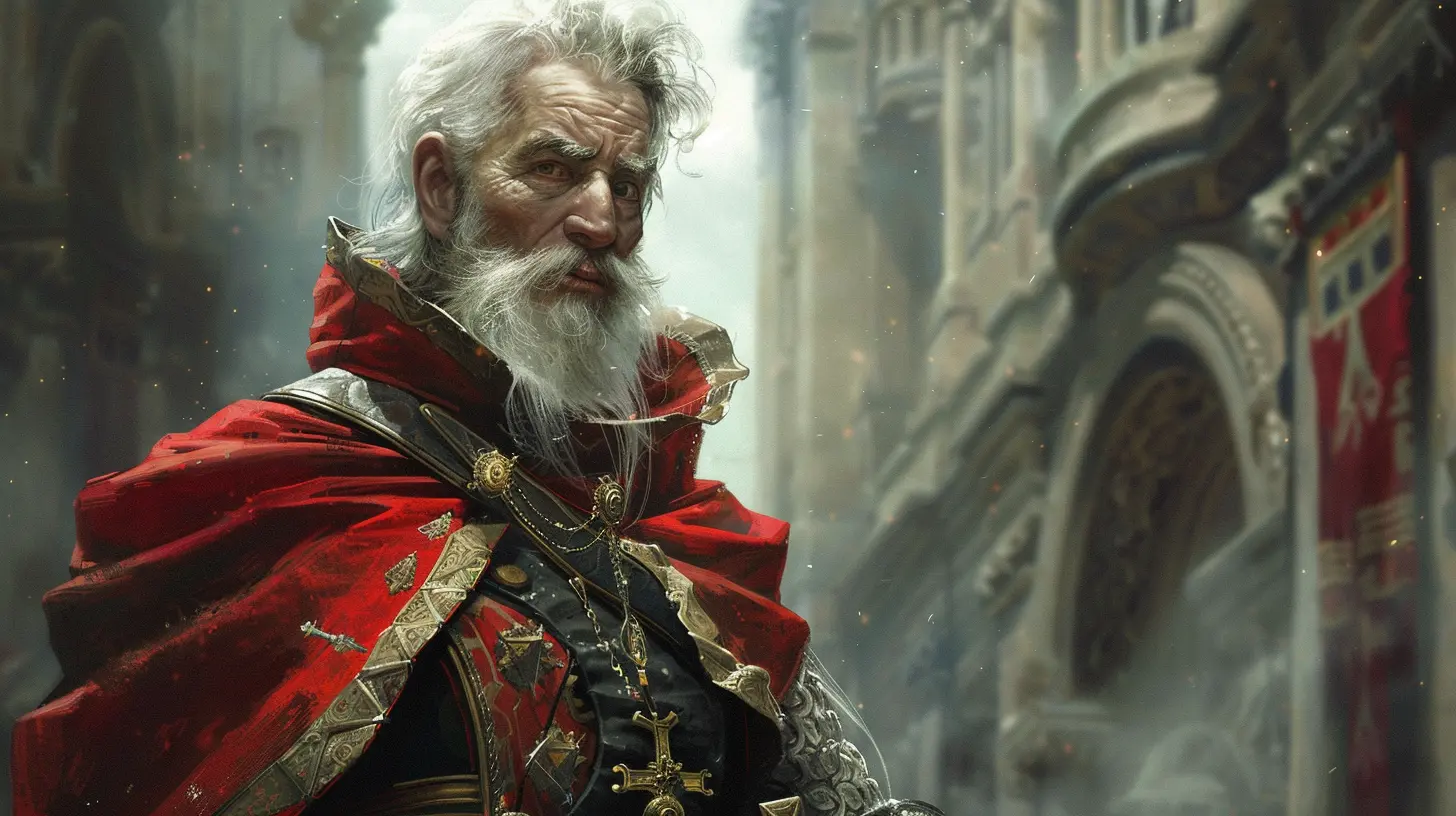
What Makes a Great NPC?
Creating an NPC isn’t just about slapping a name and a generic backstory onto a character. Like crafting a strong protagonist, developing an unforgettable side character requires attention to detail, creativity, and heart. So, what separates the great ones from the background noise?1. Unique Personalities
Nobody remembers NPC #593, who said, “Nice weather today, huh?” But if that same character was a grumpy old hermit who hands you a map to treasure while grumbling about how “kids these days are too soft to sail,” now we’re talking. A standout NPC has quirks, flaws, and a voice that makes them feel one-of-a-kind.2. Relatable Motivations
Ever notice how the best NPCs seem to have lives and goals of their own? That’s because they’re more than just story tools—they’re characters. Maybe they’re a shopkeeper saving up to buy their freedom or a knight who secretly questions their loyalty to the crown. When their motivations align with the player’s, or even conflict with them, magic happens.3. Memorable Dialogue
Dialogue is where NPCs truly shine. Banter, jokes, catchphrases, or even awkward silences can make an NPC iconic. Think of Mordin Solus in Mass Effect 2—his rapid, science-laced chatter made him instantly lovable. Good dialogue doesn’t just deliver information; it builds character.4. Useful Gameplay Mechanics
Let’s be honest—sometimes we love NPCs because they’re useful. Maybe they’re your go-to blacksmith who upgrades your gear, or the healer who sells potions at a discount because you saved their village. An NPC with a gameplay purpose feels indispensable in the world.5. Growth and Change
Static NPCs are fine, but dynamic ones? Those are the gems. Imagine revisiting an NPC halfway through the game and seeing how they’ve grown from a timid villager into a confident leader, thanks to your earlier actions. That kind of evolution makes a world feel lived-in and rewards players for engaging with it.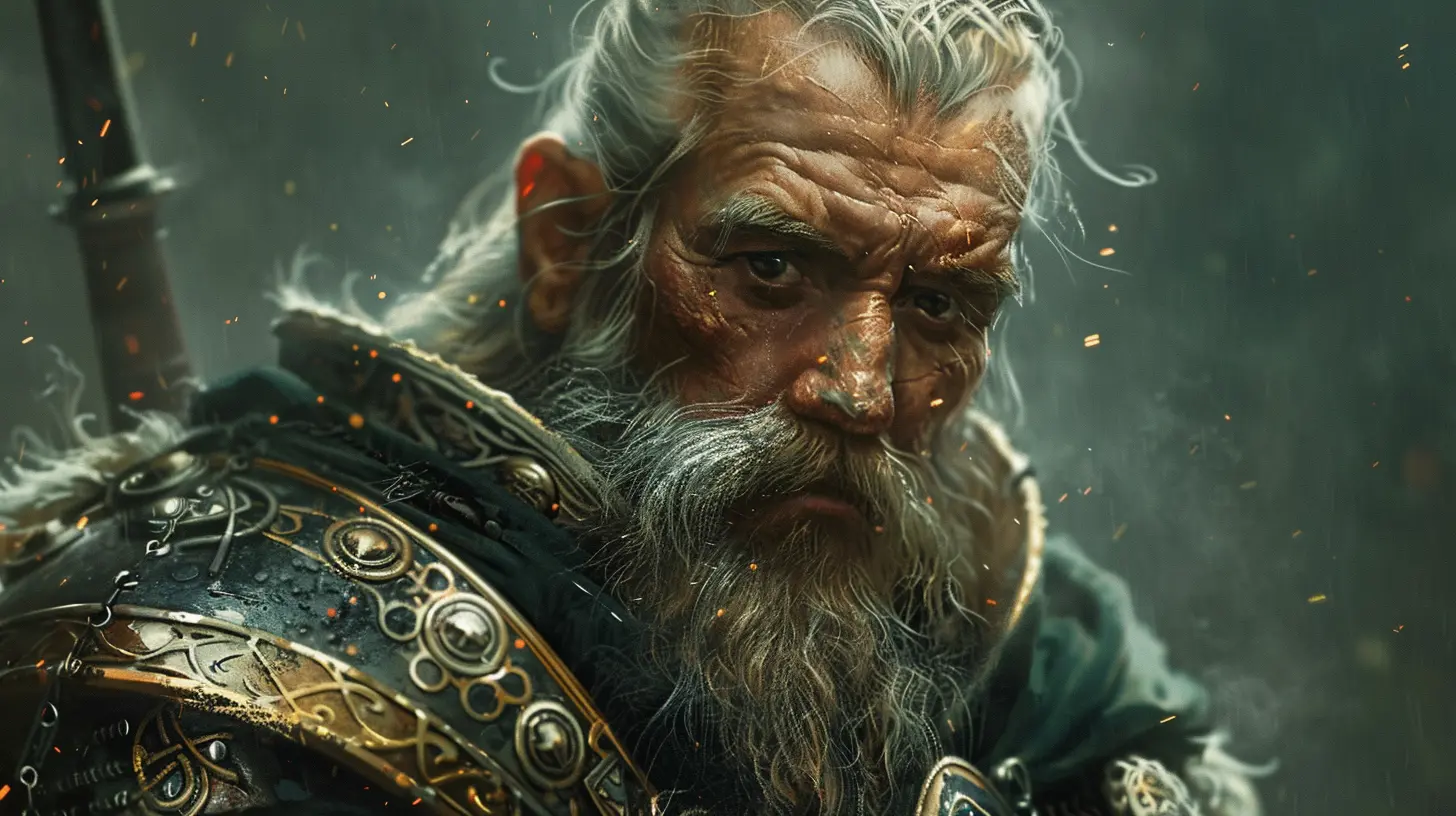
Different Types of NPCs (And Why They Matter)
NPCs come in all shapes, sizes, and roles. They’re not all quest-givers or companions, but each type plays a crucial part in making an RPG feel whole. Here’s a look at some of the most common NPC types and why they’re important:1. The Quest Givers
These are your bread and butter NPCs. They’re the ones who nudge you toward objectives, whether it’s slaying a dragon or delivering a love letter. Quest givers are crucial because they give players direction in a vast world. The trick is making these NPCs more than just glorified bulletin boards. Give them personality and stakes, and they’ll feel like real characters.2. The Companions
Companions are the player’s ride-or-die through the story. Whether they’re cracking jokes or sharing emotional backstories, companions stick with you and often grow alongside you. Think of Lydia from Skyrim or Garrus from Mass Effect. These characters aren’t just allies—they’re friends.3. The World-Builders
These are the NPCs who exist mainly to flesh out the setting. Townsfolk, bartenders, or traveling merchants might not have deep stories, but they provide context that makes the world feel alive. A random farmer talking about crop blight adds texture to the game’s larger narrative.4. The Antagonists
Not all NPCs are here to help you. Some are here to ruin your day! Antagonistic NPCs, from shady rivals to full-blown villains, create tension and keep things interesting. A good NPC antagonist has layers—think someone like Fontaine from BioShock. You might hate them, but you’ll never forget them.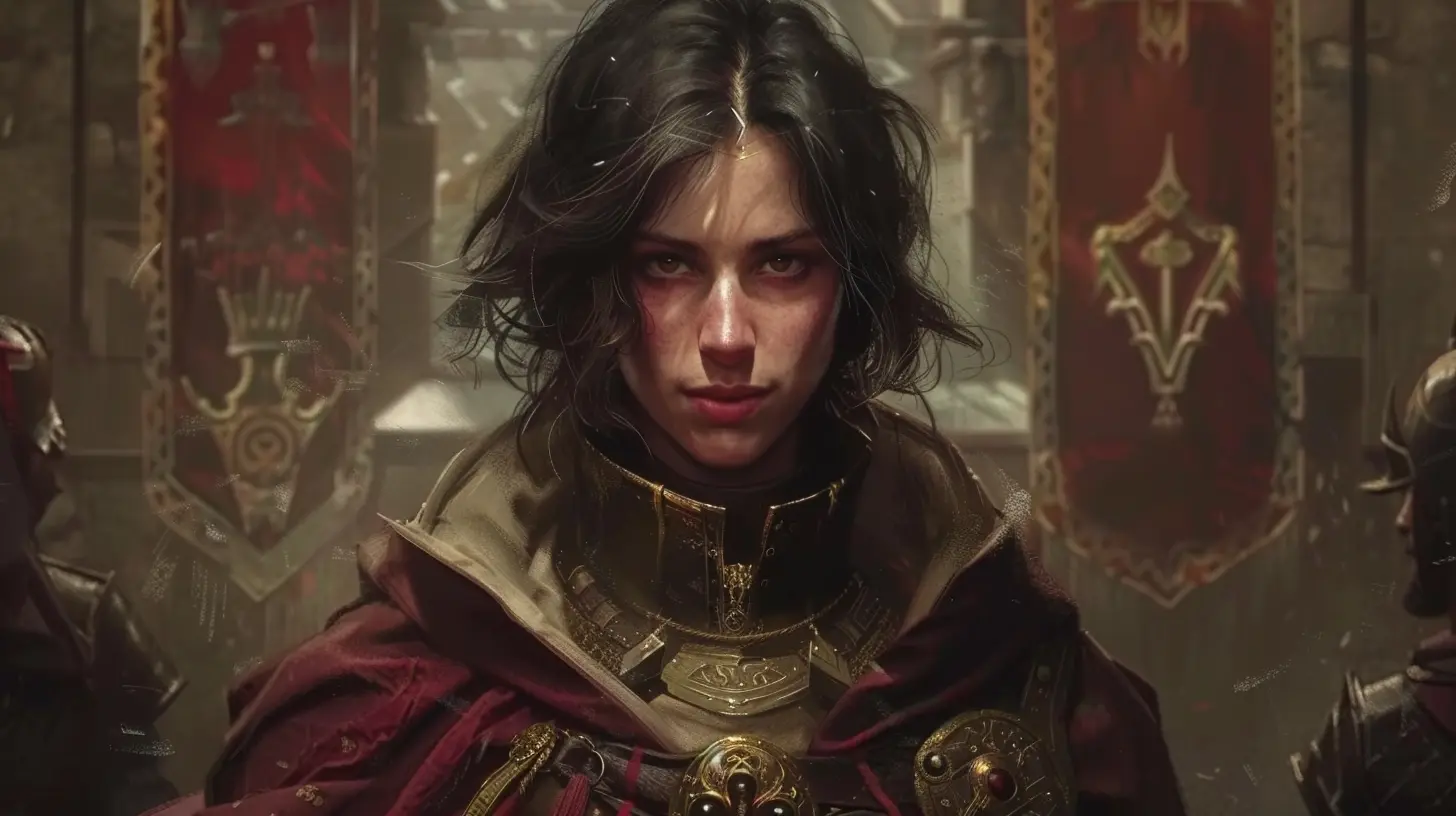
How to Make NPCs Shine in Your RPG
If you’re designing an RPG (or just DMing a tabletop game), here are some practical tips for creating unforgettable NPCs:1. Give Them Secrets
Everyone loves a mystery. Maybe the friendly blacksmith is secretly a retired assassin. Or that cheery innkeeper? Turns out, they’re running an underground resistance. Planting secrets gives players reasons to engage with NPCs beyond just buying their wares.2. Blend Humor and Heart
Great NPCs often walk the line between comedic relief and emotional depth. Think of the merchant in Resident Evil 4—his goofy “What’re ya buyin’?” line makes him endearing, but you’d miss him if he were gone. Balancing humor with sincerity makes NPCs well-rounded.3. React to Player Choices
Your world feels alive when NPCs acknowledge what the player has done. Did you save their town? Expect thank-you gifts or free lodging. Did you accidentally burn their crops? Prepare for some icy glares next time you stop by. Reactive NPCs make the game world feel truly dynamic.4. Write Flawed Characters
Perfect characters are boring. Give your NPCs flaws—maybe they’re overly ambitious, reckless, or a bit too blunt. These imperfections make them relatable and more human.Why Side Characters Are Unforgettable
Let’s take a moment to appreciate how side characters can elevate a game into greatness. Would The Witcher 3 be the same without Geralt's banter with Dandelion or Zoltan? Would Red Dead Redemption 2 have hit so hard without the relationships Arthur developed with the Van der Linde gang?Side characters give players a reason to care. They’re the emotional anchors that keep us invested in the journey. When written well, NPCs can even outshine the main character. (Looking at you, Tifa and Barrett.)
Conclusion
All too often, we underestimate the power of NPCs in RPGs. But these side characters are far from sidekicks—they're the soul of the game. Crafting perfect NPCs isn't just about slapping on a name and a quest; it's about giving them depth, personality, and purpose. They’re storytellers, companions, and sometimes even villains who bring the world to life.So, the next time you're wandering through an RPG, take a moment to appreciate the NPC handing you that seemingly mundane quest. They might just be the key to making your journey unforgettable.

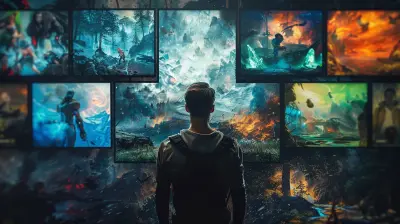
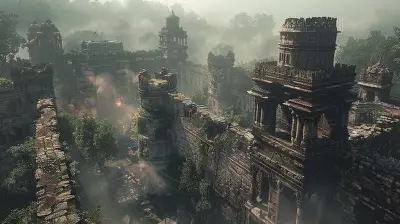
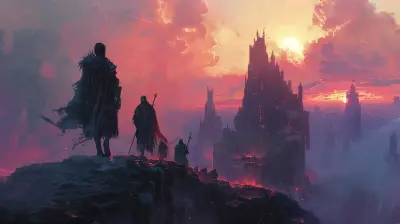
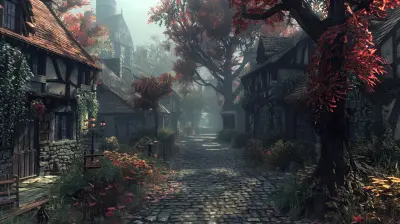
Julianne Moses
NPCs: Heart of Adventure!
March 31, 2025 at 3:17 PM